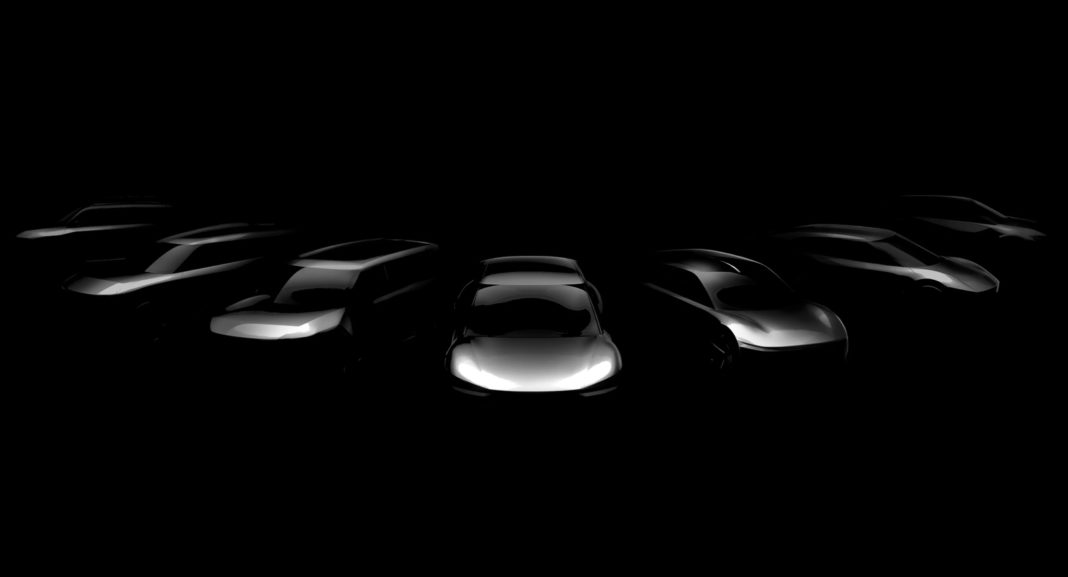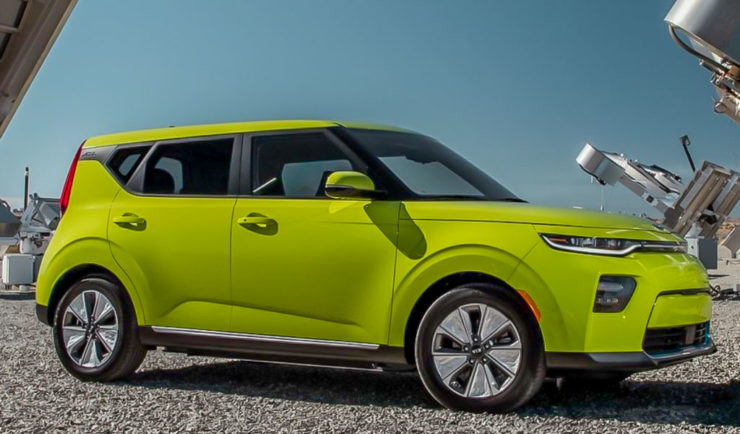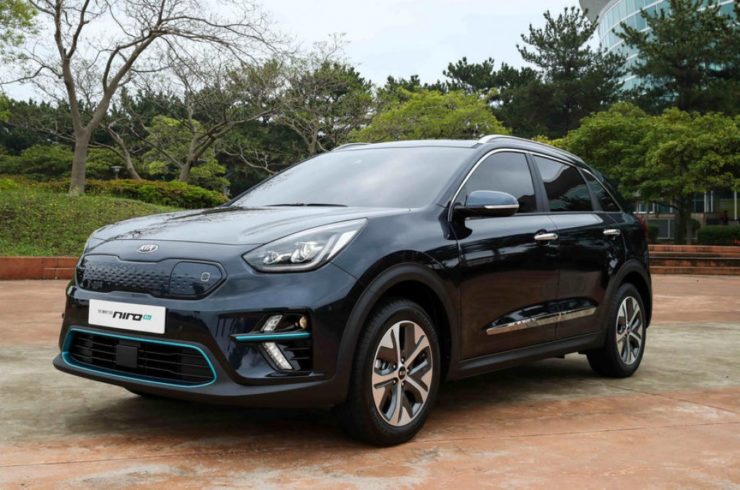
According to the official teaser image, the upcoming Kia electric vehicles will consist of multiple crossover SUVs, a sedan and a hatchback
The push towards electric mobility is quite strong nowadays, with almost every major carmaker either selling one, or planning to launch one soon. While EVs still have a long way to go before they’re accepted by the mainstream buyers in India, the international demand for EVs is growing stronger steadily. In western markets, like the US and Europe, we’ve already seen manufacturers like Tesla enjoy a lot of success through EVs.
At the beginning of this year, Kia also unveiled its EV strategy for the future. Dubbed ‘Plan S’ by the carmaker, the strategy involves Kia expanding its lineup to eleven battery electric vehicles (BEVs) by 2025. The South Korean manufacturer has recently teased seven new BEVs, which seemingly consist of multiple crossover SUVs, a sedan, and a hatchback.
Currently, Kia has two BEVs in its international lineup – e-Soul and e-Niro. These two EVs are based on traditional fossil-fuel-powered cars. In contrast, the upcoming Kia electric vehicles will be based on the modular Electric-Global Modular Platform (E-GMP). This is a dedicated platform exclusively for EVs, and will also underpin Hyundai’s upcoming electric cars.

Kia’s first electric car based on the E-GMP will be a crossover SUV, codenamed ‘CV’. The vehicle will offer a driving range of up to 500 km, and will be able to charge from 0 to 100 per cent in less than 30 minutes. Kia CV is scheduled to be officially unveiled in 2021, and will probably go on sale internationally before the end of next year.
Ho Sung Song, President and CEO, Kia Motors Corporation, was quoted saying: “Kia has sold more than 100,000 BEVs worldwide since the introduction of our first mass-produced BEV in 2011, the Kia Ray EV. Since then, we have started to introduce a range of new BEVs for global markets and announced plans to accelerate this process in the years ahead. By refocusing our business on electrification, we are aiming for BEVs to account for 25 percent of our total worldwide sales by 2029.”

We also expect Kia and Hyundai to develop an India-specific electric vehicle. Unlike the Hyundai Kona EV, this new upcoming electric car will be a mass-market product, or at least it will try to be. We expect it to be a direct competitor to the Tata Nexon EV and the upcoming Mahindra e-XUV300.
Sadly, EV adoption is quite slow in our market, as buyers are still sceptical about them, primarily due to range anxiety and relatively high price tags. However, as electric car charging stations keep popping up around India, and battery prices go down, we could potentially see a surge in EV sales. We’ll just have to wait and see how the market reacts.
